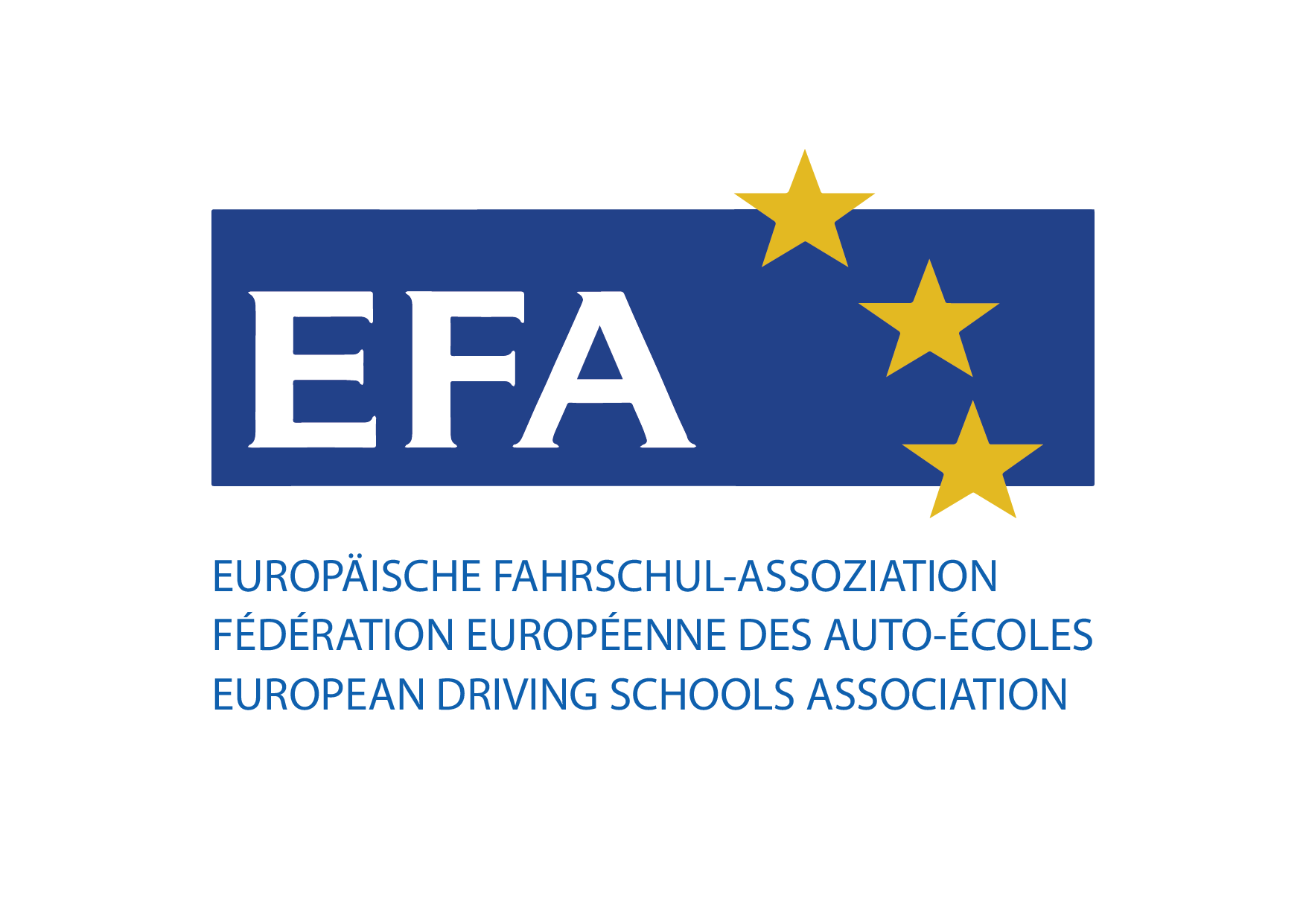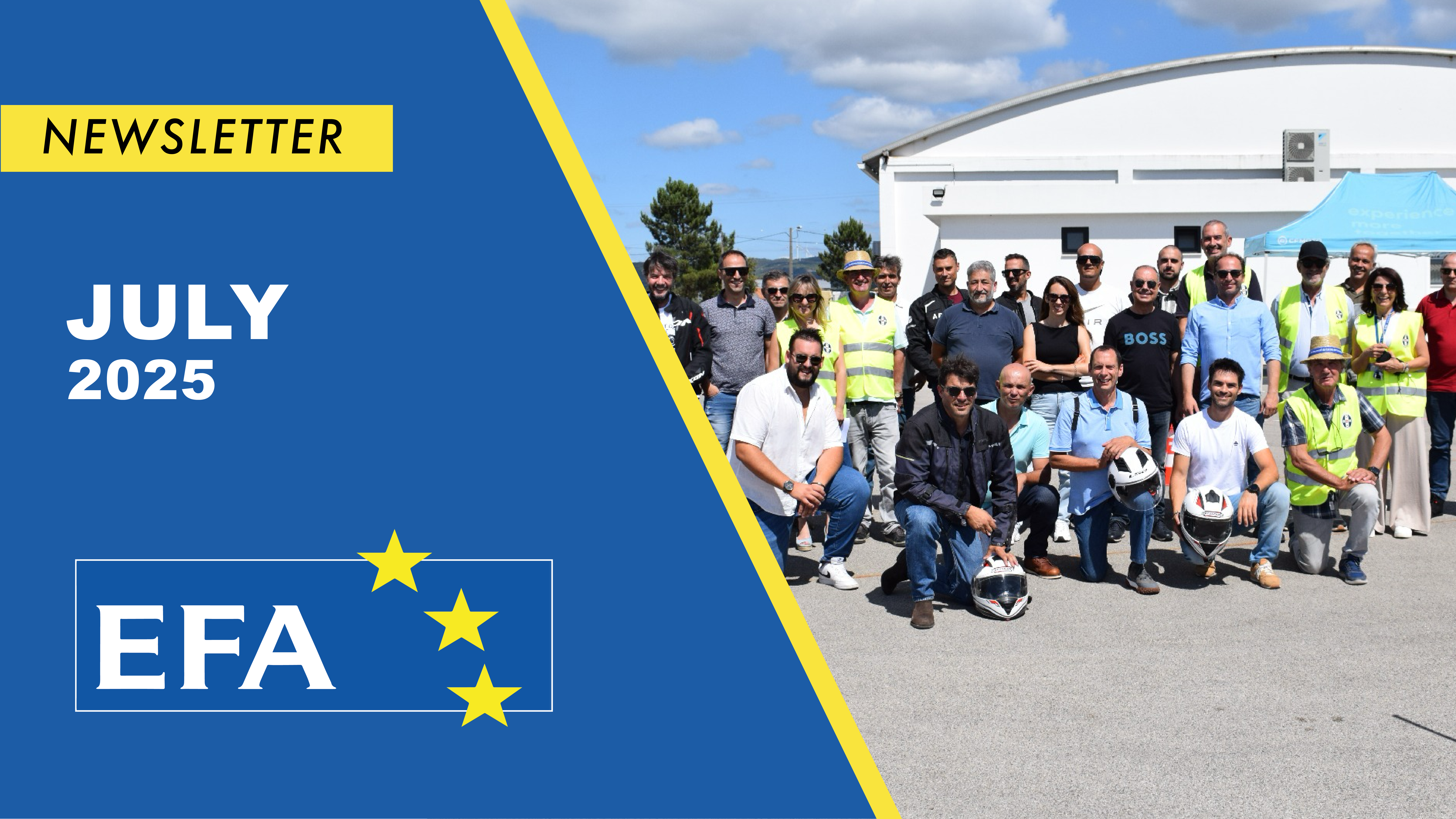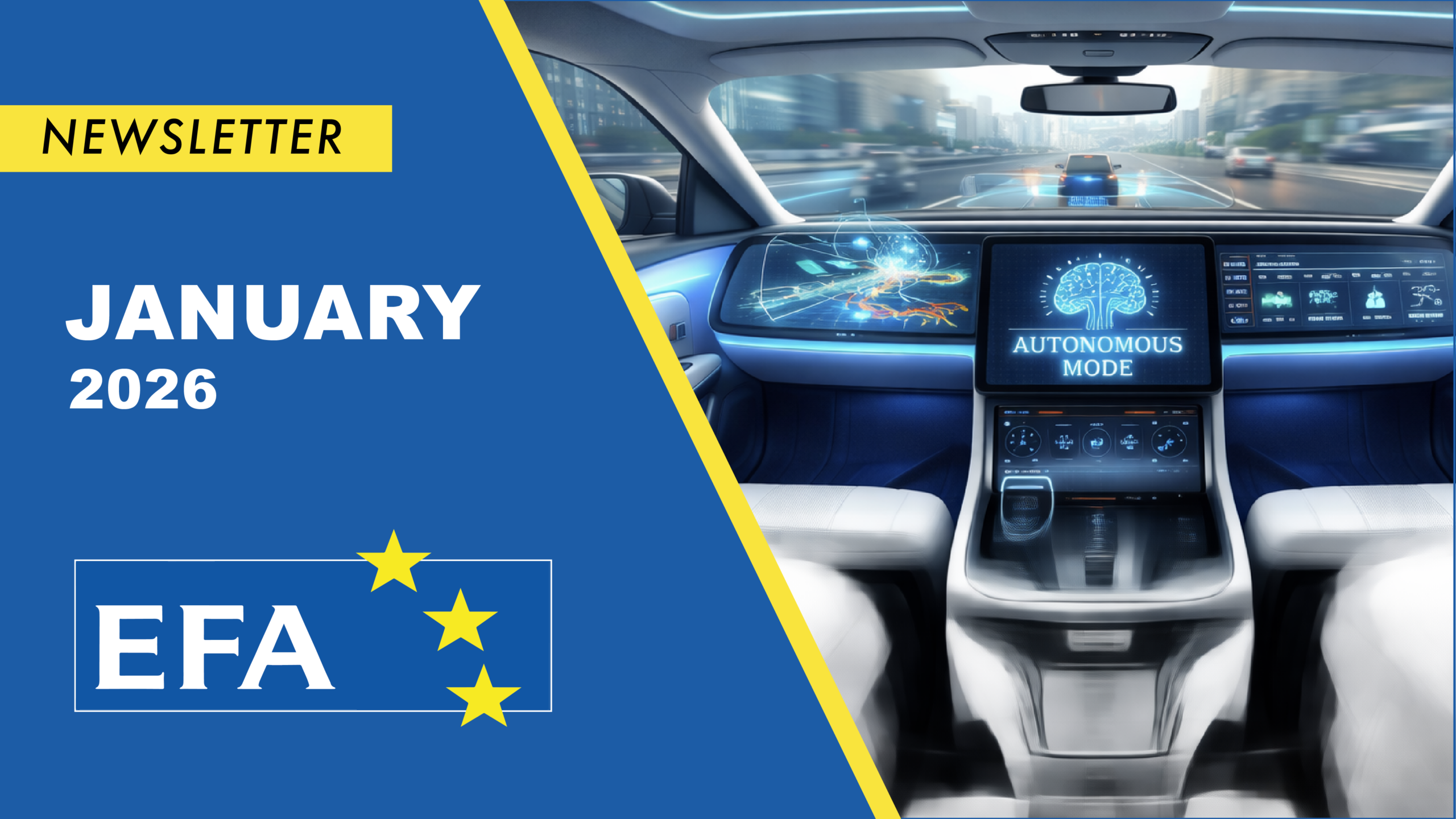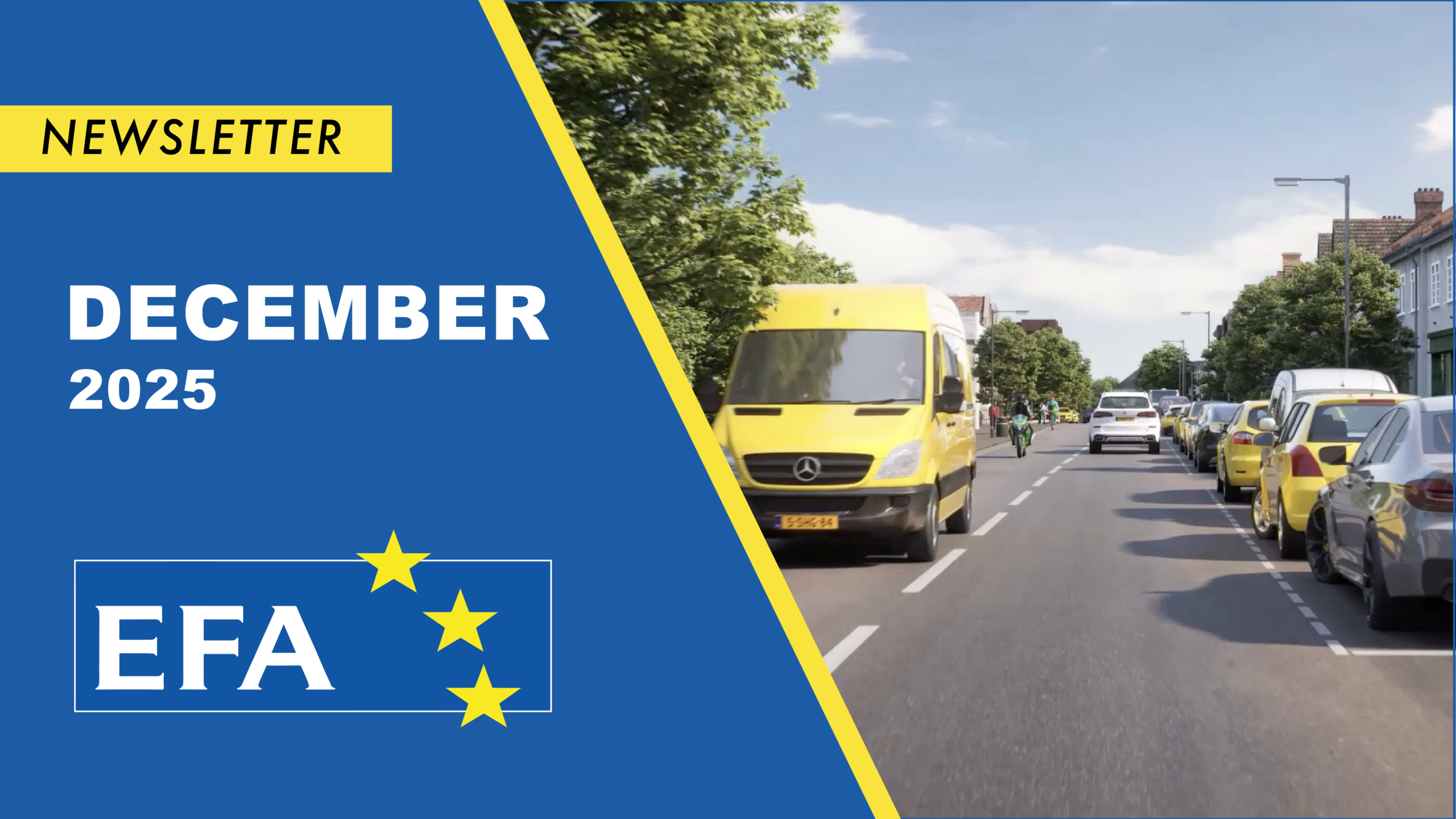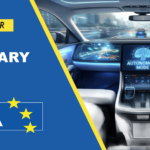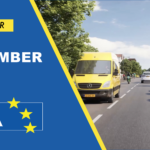ANIECA Moto Instructors training
The “Power 2 Wheels: Hold on to Life” campaign, organised by ANSR, GNR and PSP, took place from 9 to 15 July to raise awareness of the importance of safe riding on two wheels.
To highlight our concern with this issue, ANIECA held a training session for motorcycle instructors entitled “To Teach Well, We Must Know How to Learn”, which aimed to:
Present a suggested sequence of manoeuvres, to be carried out in a space measuring 30 metres in length by 15 metres in width, as stipulated in the RHLC for category A.
Look into the essentials concepts for safe motorcycle riding, focusing on active and passive safety, handling techniques, defining the ideal cornering line, strategies for reacting to unexpected obstacles, among others;
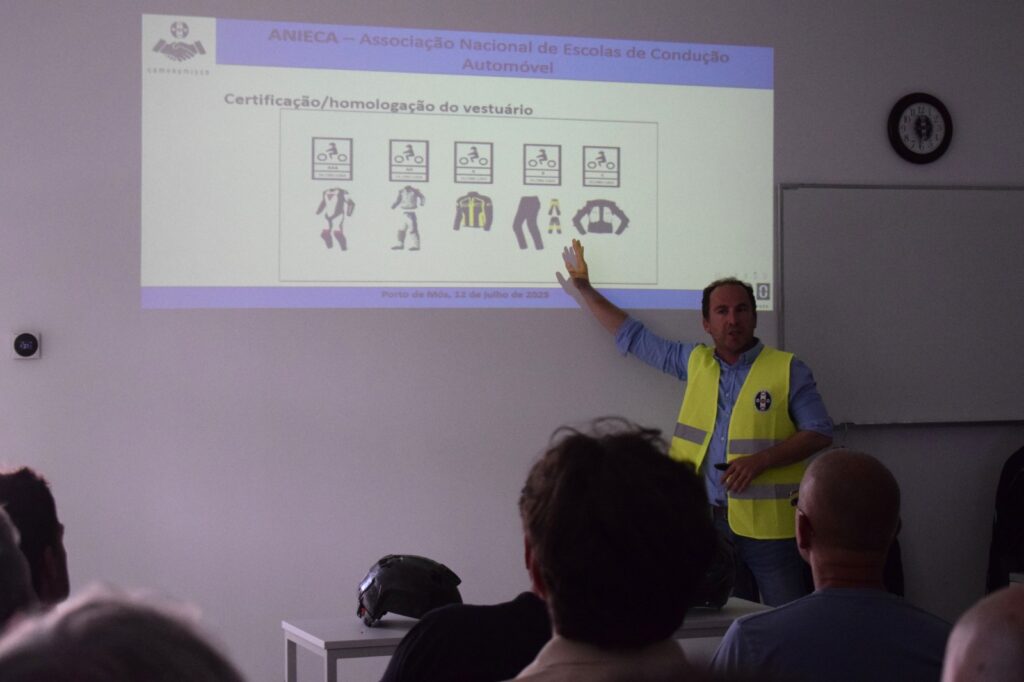
ANTONIO PAIS NETO – ANIECA BOARD
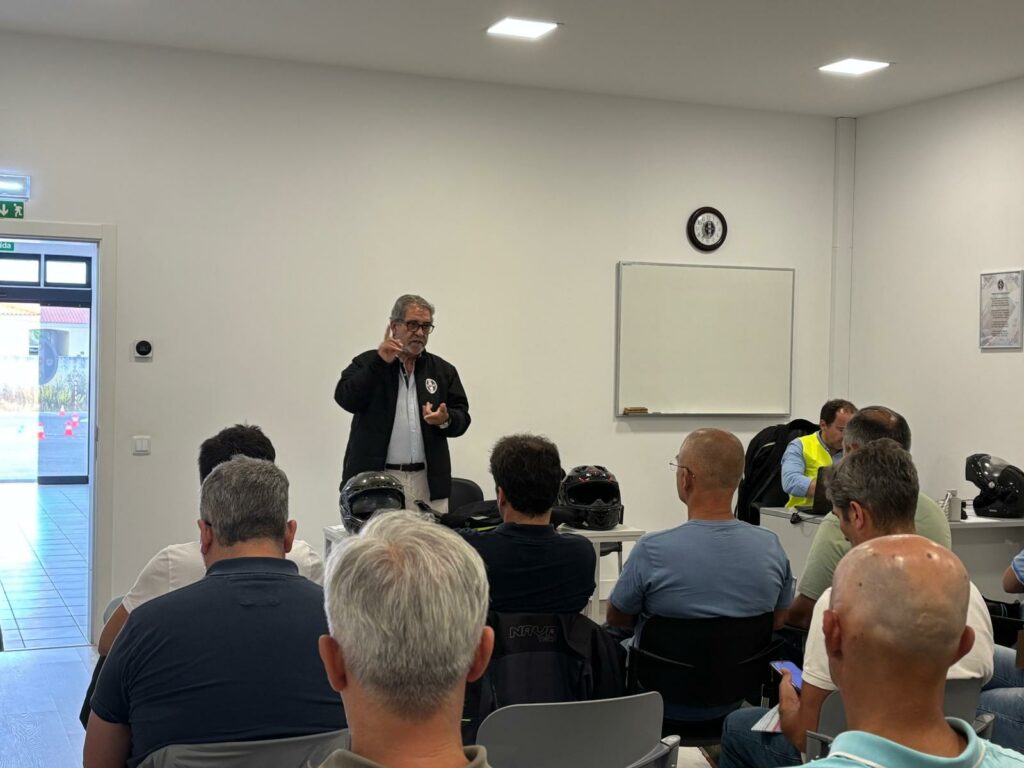
ANTONIO REIS – ANIECA PRESIDENT
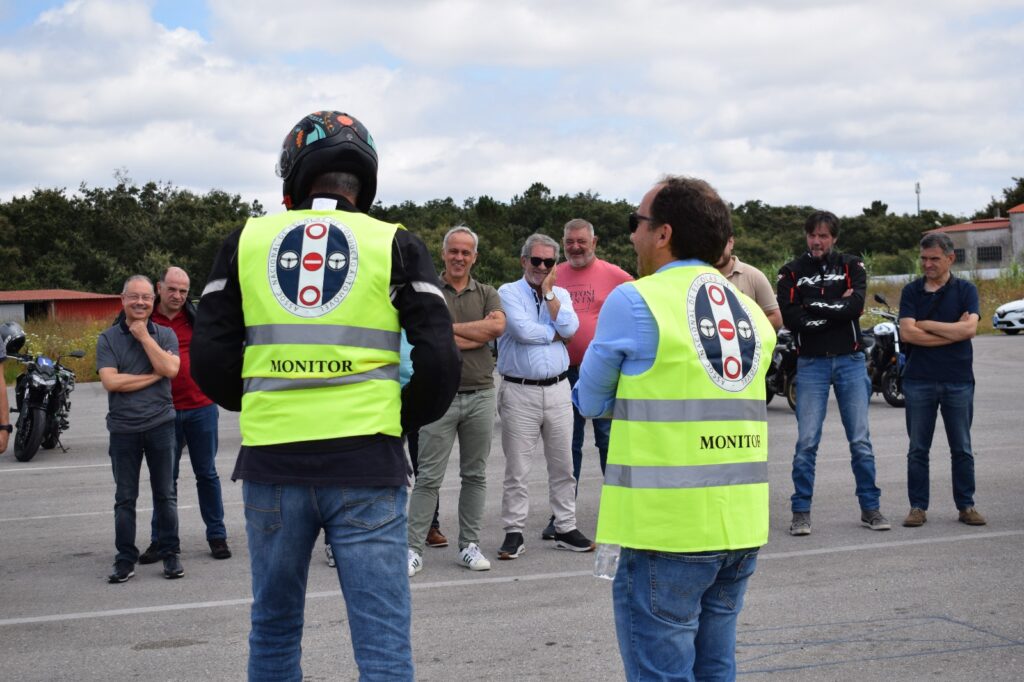
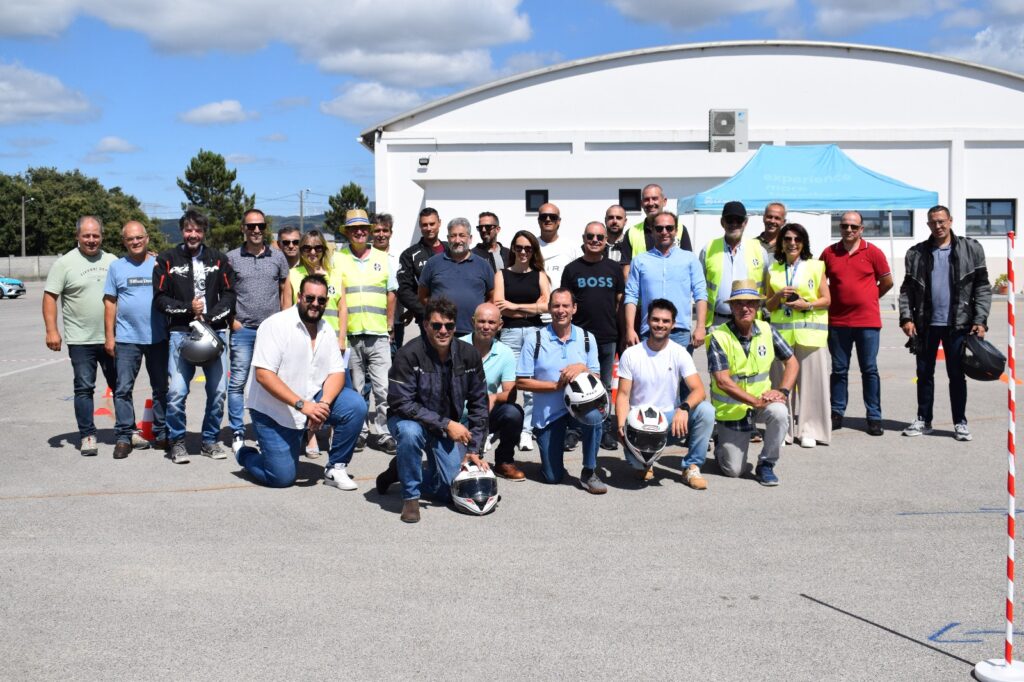
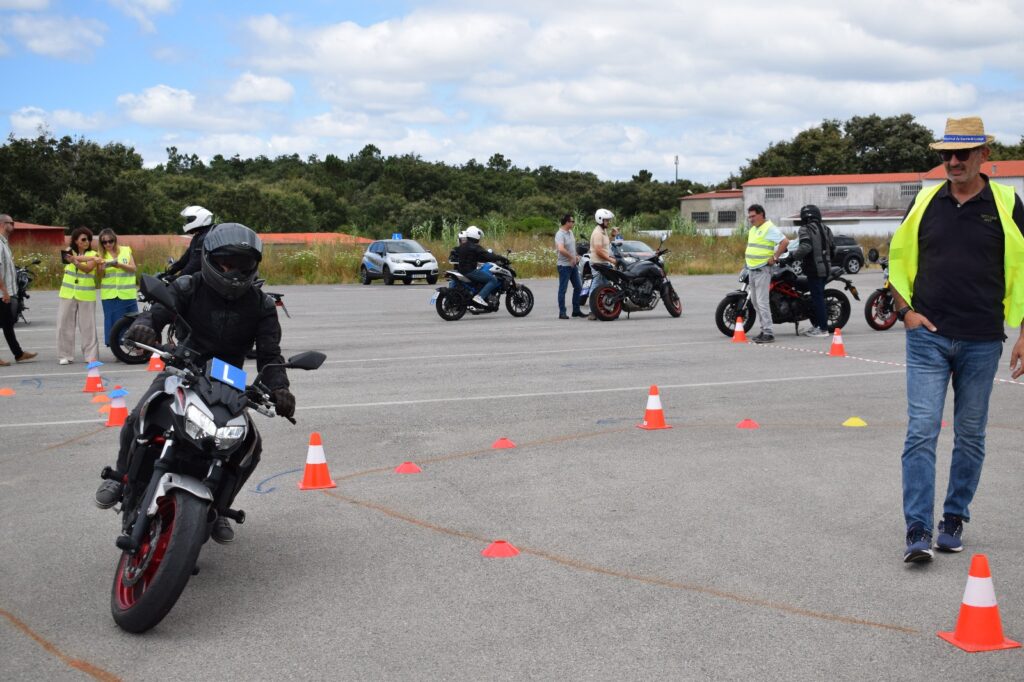
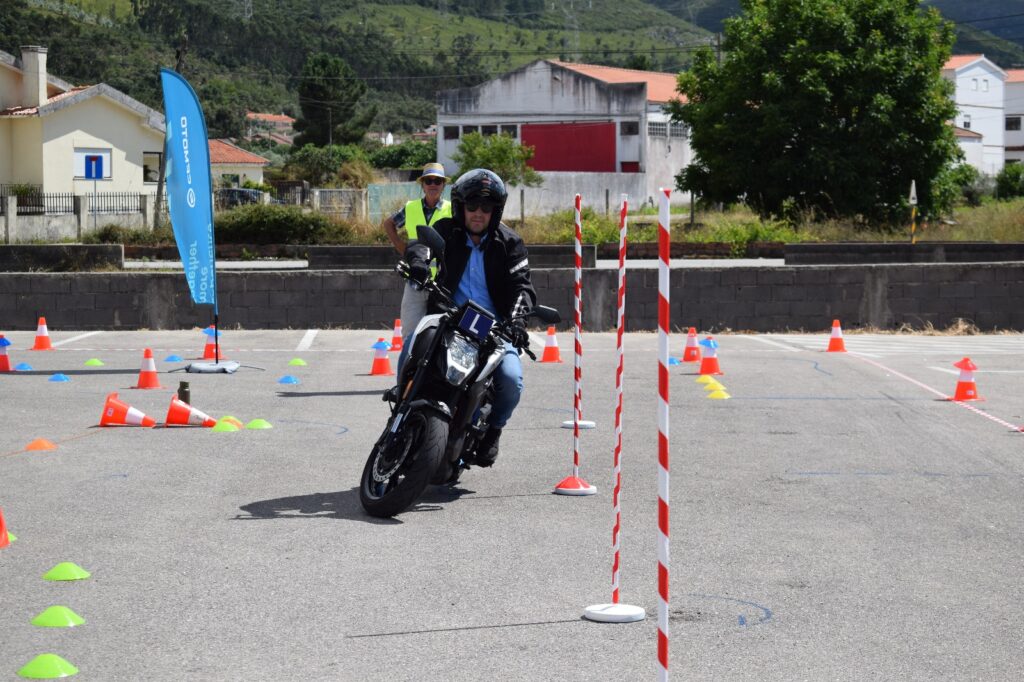
Autonomous Vehicles: Driving the Future – Europe Between Innovation and Strategic Choices
On July 2nd, 2025, at the European Parliament in Brussels, MEP Pierfrancesco Maran hosted the event “Autonomous Vehicles: Driving the Future,” a discussion on the state of autonomous vehicles in Europe. While the United States and China are making rapid progress, Europe is lagging behind, limited to small-scale trials and hampered by a fragmented regulatory framework. Though promising, European projects are often small, isolated, and lack the necessary support to compete on a global scale.
Yet autonomous vehicles offer significant advantages: reduced traffic and emissions, increased road safety, improved mobility access for those currently excluded, and new economic and employment opportunities. To realize these benefits, however, strategic decisions must be made, and priorities redefined at the European level.
The first key issue is technological sovereignty: should Europe develop its own autonomous solutions or open the market to already mature foreign technologies? The second question concerns the mobility model: is the goal merely to improve private cars, or to rethink the entire system, focusing on shared services like robotaxis, autonomous shuttles, and driverless logistics? Lastly, there’s the decision of whether autonomous vehicles should be integrated into public transport or remain separate services, possibly reserved for a limited portion of the population.
A public consultation gathered over 70 contributions from across Europe, confirming both enthusiasm and shared challenges: inconsistent regulations, limits on production, lack of structured incentives, and fragmented funding. A coordinated strategy and strong political will are needed—common rules, targeted investments, and a clear model for sustainable, digital, and inclusive mobility.
In this evolving scenario, driving schools will also play a crucial role. They must update their curricula to include knowledge of ADAS systems and the principles of autonomous driving, preparing users to interact safely and consciously with advanced technologies. Furthermore, they can provide educational support during the transition, becoming reference centres for safe, accessible, and modern mobility. Driving schools will not just be places where licenses are obtained (a cause long championed by EFA), but true hubs for mobility education in the future.
It is highly likely that autonomous vehicles will drive the future. The question is: will Europe be in the driver’s seat—or just a passenger in this revolution?
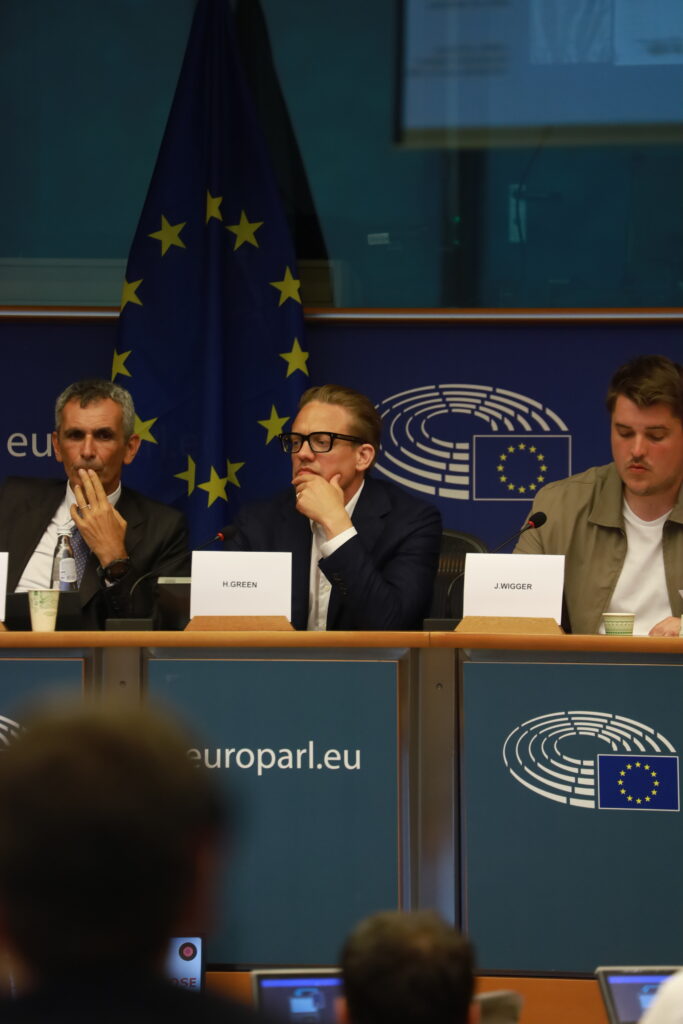
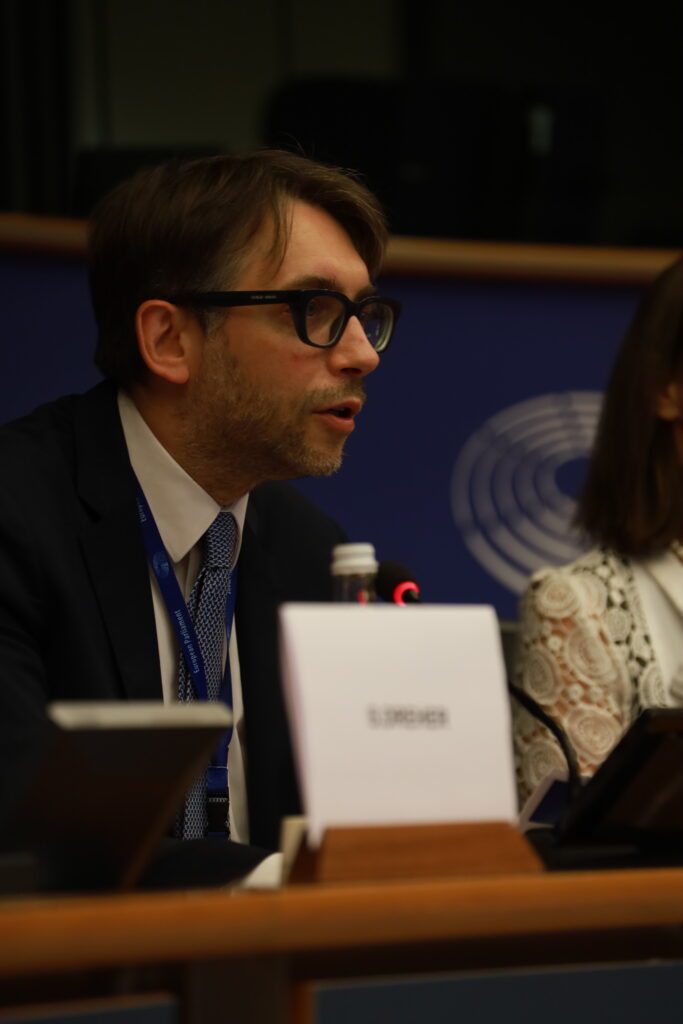
MEP PIERFRANCESCO MARAN
UNASCA meets Mobilians
An online meeting was convened between the Italian Driving Schools Association UNASCA and the French Driving Schools Association Mobilians.
The agenda focused on the activities of driving schools in both countries, underlining commonalities and shared challenges.
The Italian delegation expressed its appreciation to the French colleagues for the initiatives successfully implemented in recent years.
Constructive exchanges took place regarding training methodologies, regulatory frameworks, and sector developments.
A special note of thanks was extended to Patrick Pratt of Mobilians and Pascal Masapollo of PIMAS and EFA for the valuable information shared.
UNASCA was represented by several members of the National Secretariat for Driving Schools, including the National Secretary Alfredo Boenzi and Deputy Secretary Andrea Onori.
The meeting reaffirmed the mutual interest in strengthening dialogue and expressed the shared ambition to establish a closer and more structured collaboration in the coming years.
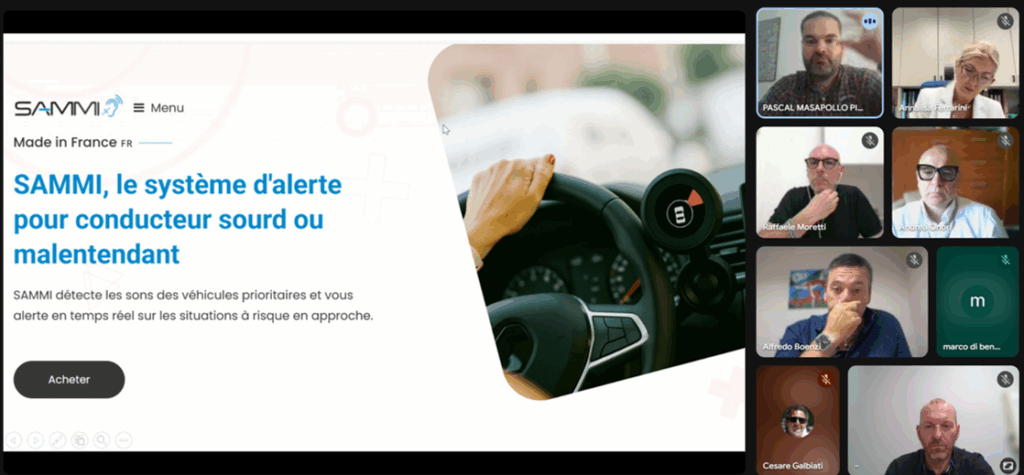
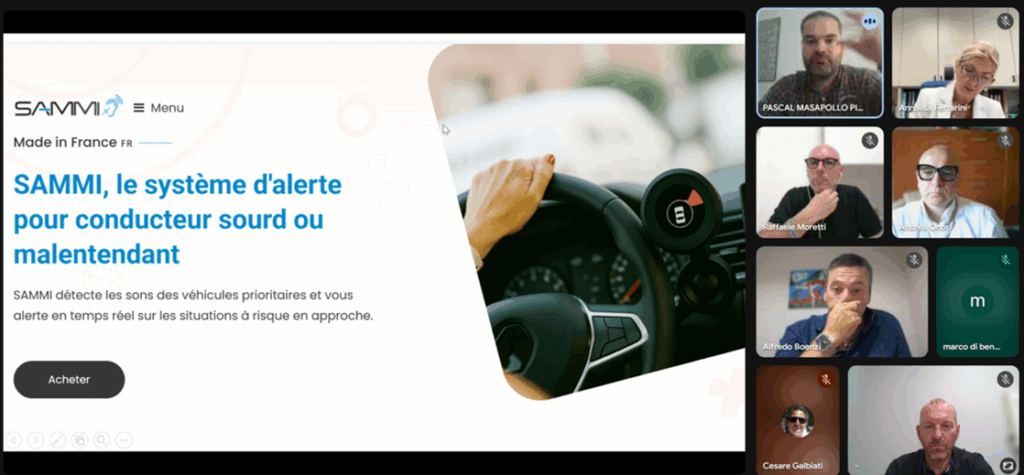
UNASCA meets Mobilians
Register Now: 13/11/25, Hybrid Event – European Traffic Education Seminar 2025
ETSC, Fundación MAPFRE and the Government of Navarra have the pleasure of inviting you to the 2025 edition of the European Traffic Education Seminar, which will be held as a hybrid event online and in Pamplona (Spain) on 13 November 2025.
The seminar is organised as part of the LEARN! project on improving traffic safety and mobility education. To sufficiently equip young road users to become safe road users, education remains of chief importance. This is especially true for secondary school pupils (aged 12 – 18) as they start to travel independently and have to deal with more complex traffic situations.
The agenda for the seminar can be downloaded here.
Read more about:
https://mailchi.mp/etsc/2025-european-traffic-education-seminar-4741772?e=5f52eb2a51

Good Practice of the Month – July 2025 awarded to Sistemas ADAS and EMT Madrid (Spain) for enhancing pedestrian and cyclist safety on urban buses
The project “El autobús, aún más seguro: protegiendo al peatón y ciclista” (The bus, even safer: protecting pedestrians and cyclists), led by Sistemas ADAS in collaboration with Madrid’s municipal transport company EMT was awarded as the month project by the European Road Safety Charter (ERSC). The project improves safety around urban buses by retrofitting existing vehicles with advanced active safety technology that detects pedestrians and cyclists in blind spots and warns drivers to help prevent collisions.

Registration to attend our Excellence in Road Safety Awards 2025 now open!
We are excited to announce that registration to attend our annual Excellence in Road Safety Awards is now open. Our ceremony will take place on Thursday 16 October 2025 in Brussels and online.
The ceremony will provide an opportunity to support and celebrate Europe’s leading road safety initiatives.
https://ddlnk.net/t/cr/AQi8hgEQ8qSWBxjezNeZBg7odwPHgOucgOx89R4hKfycgSDxxoe4tluQWwMzdQlu

RSS2026 in Napoli
The University of Naples Federico II will host the 10th International Conference on Road Safety and Simulation from June 23 to June 26, 2026.
The conference theme is “Advancing Towards the Safe System Approach”. The main conference topics include, but are not limited to: Pillars of the Safe System Approach, Technologies and Tools for Road Safety, Data Analysis and Safety Assessment, Human Factors and Driving Behaviour, Vulnerable Road Users and Inclusive Mobility, Safety Effects of Geometric Design, and Innovative Safety Countermeasures. The conference will bring together global experts, researchers, and innovators to explore the latest advancements in road safety and sustainable mobility. Let’s come together to rethink mobility and save lives!

ETSC Safety Monitor 168 – July 2025
Below you can find the latest interesting newsletter from ETSC, with an overview of global road safety news.
https://mail.google.com/mail/u/0/?tab=cm#inbox/FMfcgzQbgcKkJJFQSpZvjsTqtSpBvcxK


